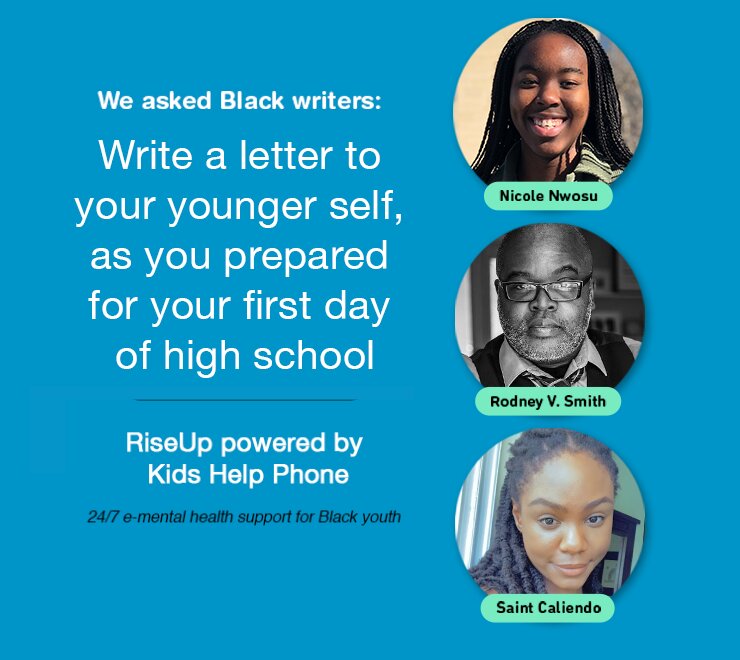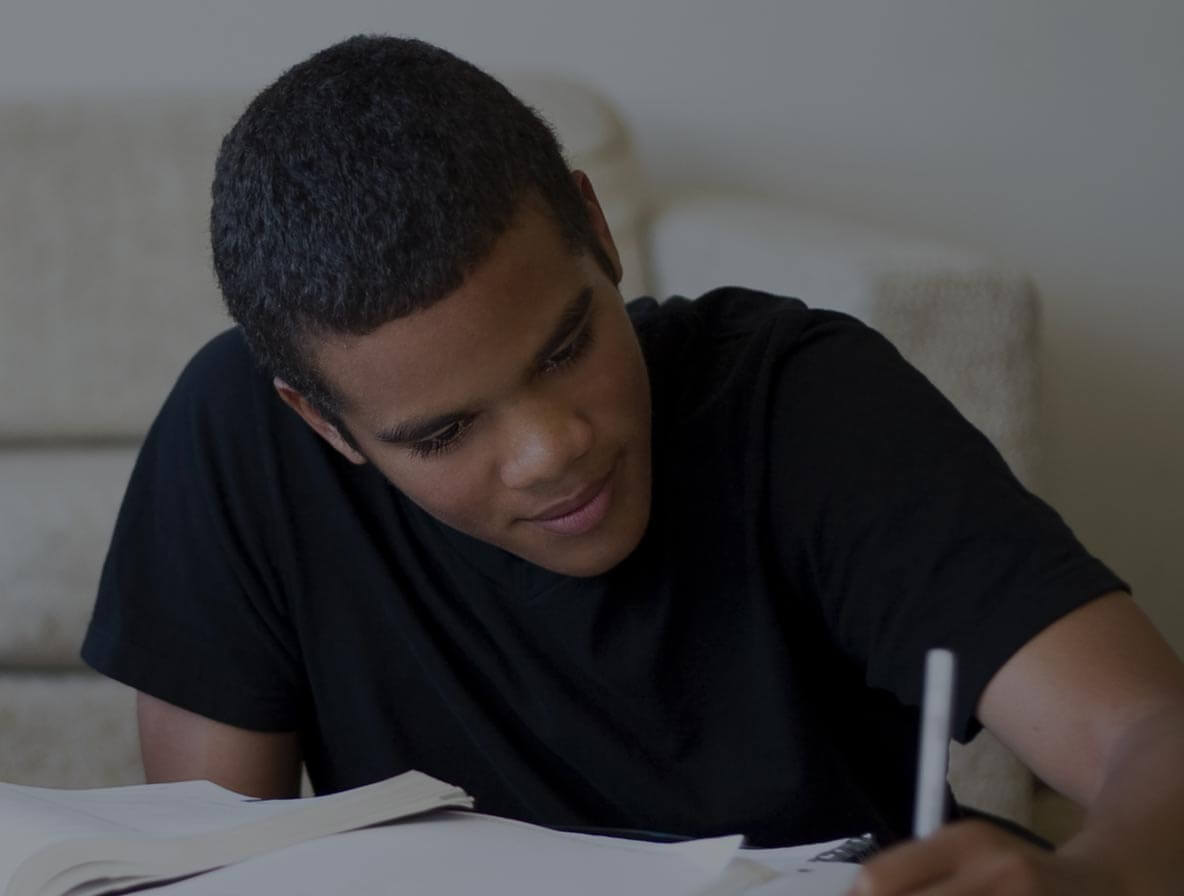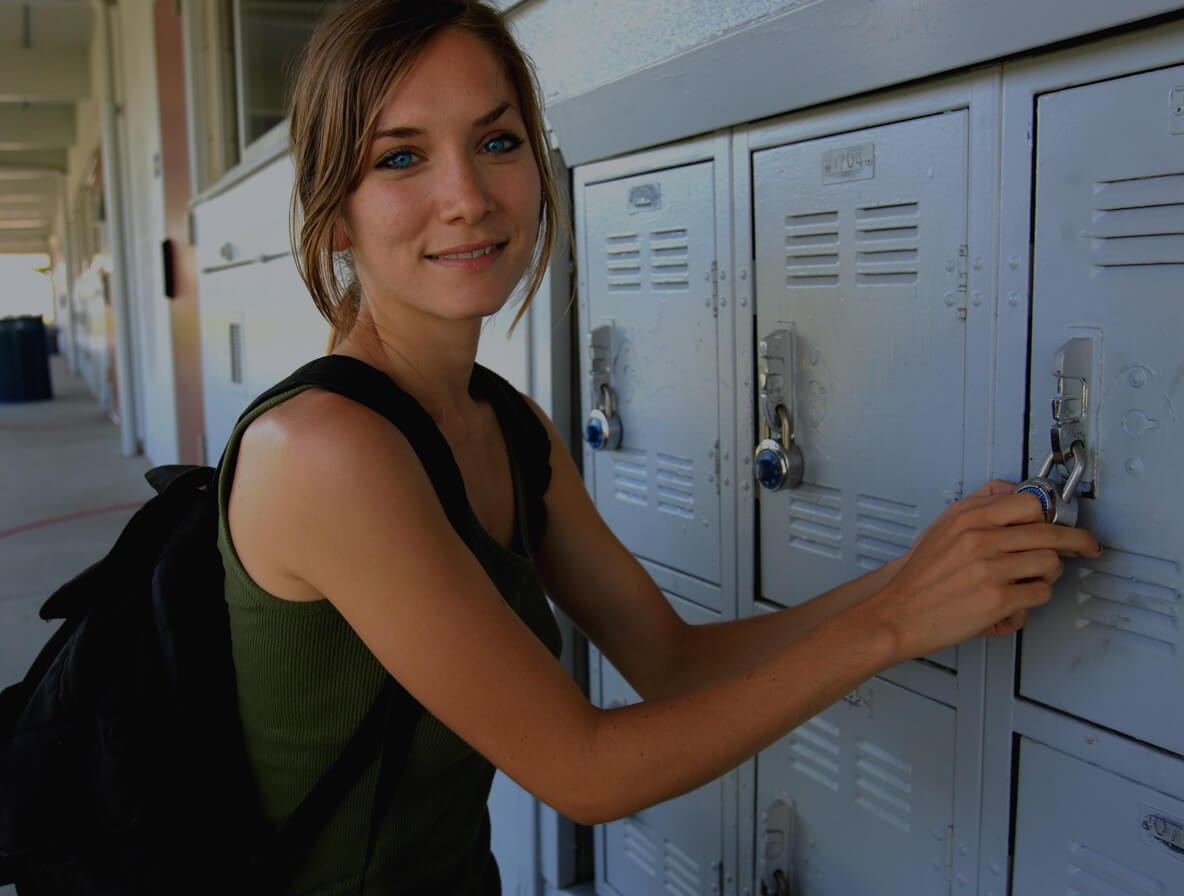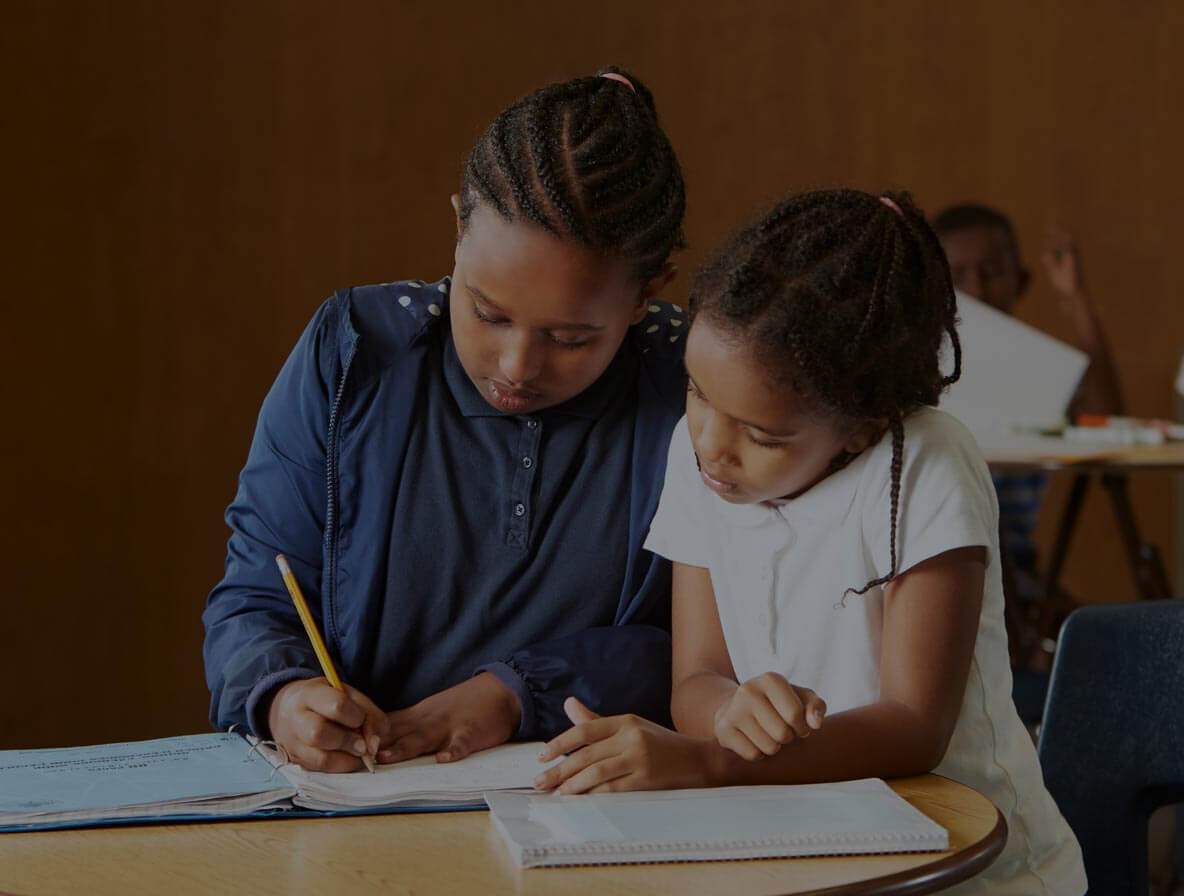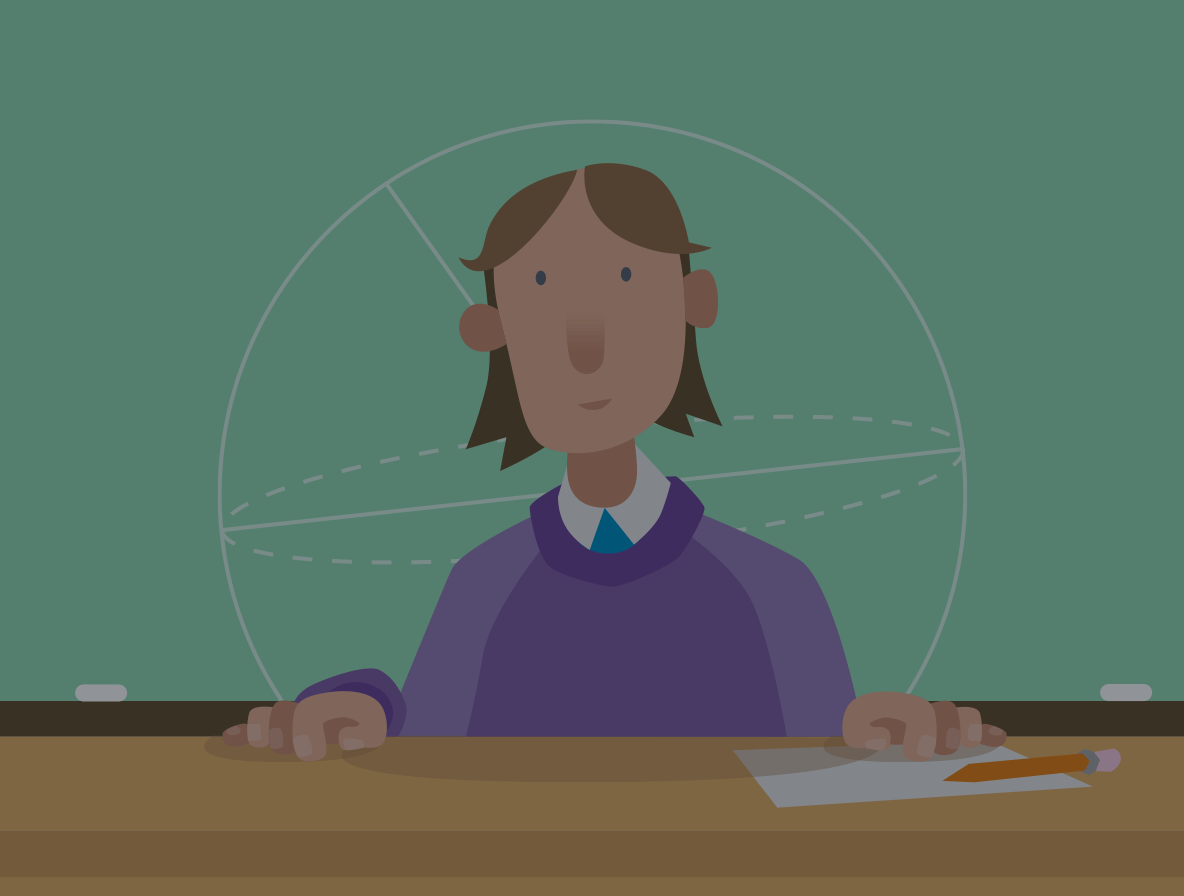Kids Help Phone is here for you during the COVID-19 pandemic. School looks a bit different this year, with many students studying either through e-learning, in-person classes in some provinces/territories or even a combination of the two. It’s important to find ways to get support with school (e.g. by reaching out virtually, etc.) while practising physical distancing.
It’s common to feel stressed before taking a test, especially if you don’t feel prepared. Keeping up good study habits will help you remember things at test time so you can earn better grades.
Here are some study tips to help you prepare for a test:
1. Start early: start studying several days before the test. You’ll have more time to learn and remember what you need to know and the information will stay in your long-term memory for final exams. Cramming the night before will increase your stress and only puts the information in your short-term memory, so you’ll likely forget and have to relearn it at the end of the term.
2. Stay positive: remember that it’s within your ability to do well on the test. Try not to put too much pressure on yourself.
3. Set priorities: spend most of your study time on what’s most important for the test. If you’re not sure what that is, ask your teacher. If your teacher has spent a lot of time on something in class, it’s probably important to know.
4. Make study sheets: try to summarize the main ideas in a few points. Make a single page of notes and review it several times.
5. Get help: ask your teacher to explain any material that you don’t understand. You can also ask a friend or classmate for help.
6. Go to the review class: many teachers review the important material during the class before a test or exam. It’s a good idea to attend and take as many notes as you can. This is also your chance to ask questions.
Remember: study as best as you can and get a good night’s sleep before the test!
Test-taking tips
You’ve prepared for your test and know the subject as well as you can. What happens when you sit down to write? Here’s how to make sure your studying pays off in the classroom.
1. Be on time: arrive at least five minutes before the test so you don’t feel rushed (you may need to give yourself some extra time to allow for safety and physical distancing protocols).
2. Come prepared: bring any materials you need, such as pencils, pens and a calculator. It’s a good idea to bring at least two writing instruments.
3. Take a deep breath: do your best to stay relaxed and calm. You’ve studied hard and you’re just here to do your best.
4. Put your full name on the test: you’d be surprised how many students forget to do this!
5. Read it over: when you get the test, read through the questions. This will help you manage your time.
6. Read instructions carefully: do what each question asks, and then move on. You don’t have to write more than what’s asked for.
7. Move on: if you don’t know the answer to a question, circle it and come back to it later. That way, you won’t run out of time to fill in the answers you do know.
8. Manage your time: spend more time on questions that are worth more marks.
9. Multiple choice: for multiple choice questions, try to think of the answer before looking at the options. Then cross off any choices that are clearly wrong and select the best remaining answer.
When you’ve finished the test, read it over before you hand it in. If you have extra time, review your answers to see if there’s anything you missed or would like to add. It’s a good idea to double-check your spelling, too.
If you don’t get a good mark, try not to dwell on it. This is just one test out of many to come. Remind yourself that you did your best. Think about how you can prepare better next time and do something fun to relax.


